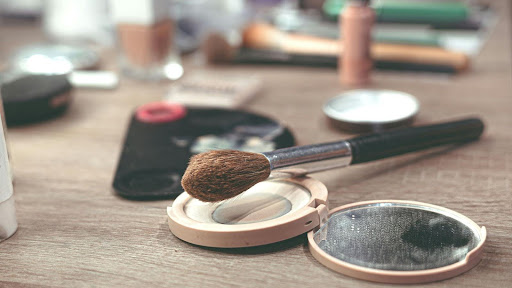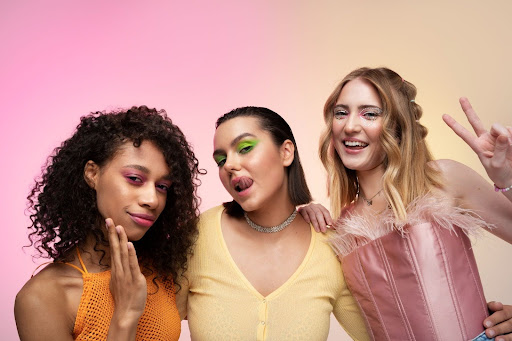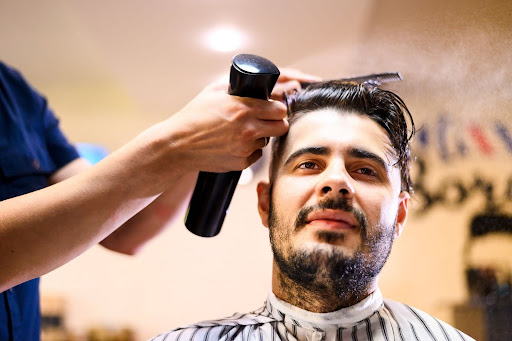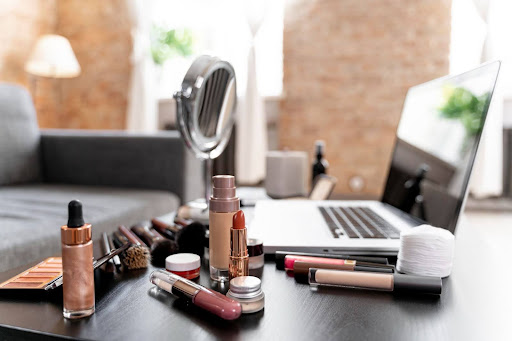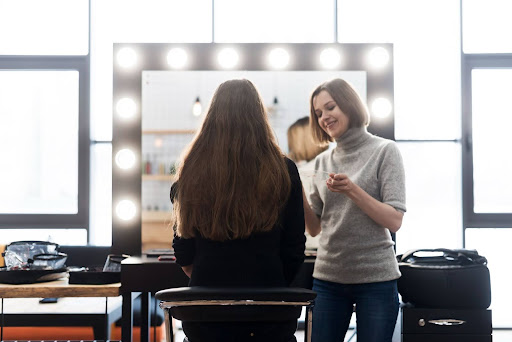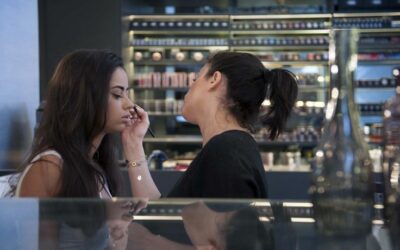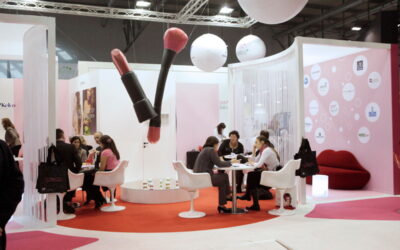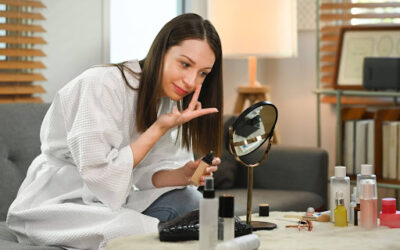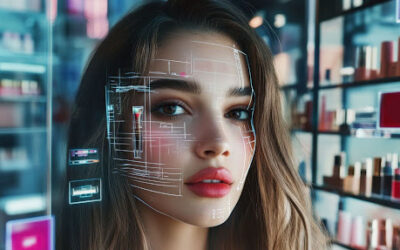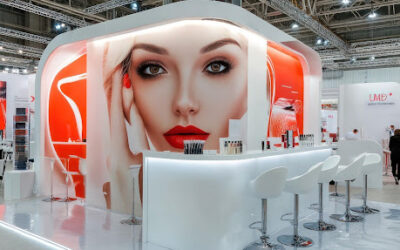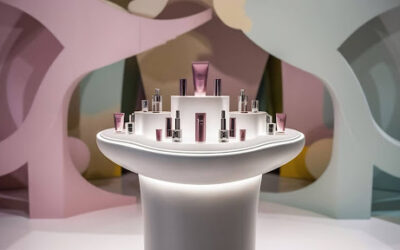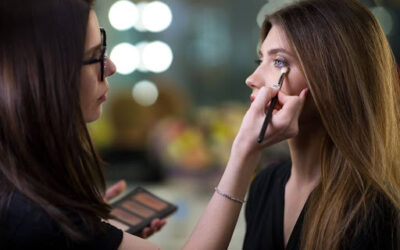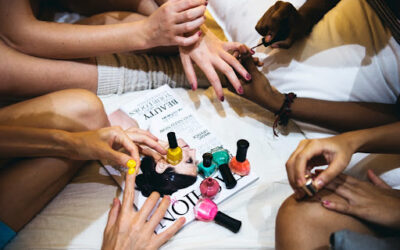Entering a make up artist competition is a thrilling and elite experience for beauty industry professionals. Not only do these competitions highlight talent and imagination, but they also provide access to exposure, networking, and professional growth. Yet, behind the glitz and thrill is a high-stress situation where contestants are exposed to a broad spectrum of challenges. From tight time constraints to constantly changing trends and high standards, makeup competitions require more than technique—precision, confidence, and flexibility are all mandatory.
1. Time Management Mastery
One of the most prevalent issues in a make up artist competition is effective time management. Contestants are usually provided with a limited time frame to complete a full look, ranging from base makeup to finishing touches. Working under a clock can create tremendous pressure, particularly if the task entails intricate detailing or creative work. Poor time management can result in an incomplete look or hasty completion, which can adversely affect the final mark.
2. Walking the Line between Creativity and Rules
Competition is frequently accompanied by rules or themes that competitors have to comply with. Although guidelines are intended to ensure a fair playing field, they also constrict creativity. Balancing rule compliance with the expression of originality is the dilemma many entrants face. Makeup artists have to learn to stretch their creativity without breaching competition boundaries, and they have to do it by careful planning and interpretation.
3. Dealing with Product Constraints
Competition events may give a selection of products to use or require players to bring their own kits within some limitations. Having no access to favorite tools or makeup may compromise the quality and ease of application. Professionals have to improvise and work with whatever they can get, employing alternative products or techniques to deliver the desired appearance.
4. Working Under Pressure with Models
The majority of make up artist competitions require working on live models. Maintaining the model’s comfort, mobility, and skin type within the allotted time frame introduces another level of complexity. Moreover, not all models will have perfect skin or features conducive to the desired look. Artists need to be adept at adapting techniques and making instant changes according to the model’s individual characteristics.
5. Remaining Calm Under Scrutiny
Makeup competitions tend to be held in public areas or on stages with judges, cameras, and spectators observing. This setting can be nerve-wracking, particularly for beginners. Staying focused under observation and assessment can lead to nervousness, resulting in shaky hands or second-guessing decisions. Mental preparation is as important as technical preparation in these cases.
6. Accurately Interpreting Trends
Makeup trends change quickly, and judges frequently seek out trendy and progressive designs. A design that was trendy a few months prior may now be seen as old-fashioned. Contestants have to keep up with international and local beauty trends, and most importantly, put their own twist on these trends in their work. This requires constant research and a keen sense of direction in aesthetics.
7. Technical Precision and Detailing
Even the most innovative appearance will not be admired if it is not done with finesse. Judges scrutinize symmetry, blending, line work, and overall finishing. Any visible imperfections, whether in base application or final details, can lower the score. It takes a practiced skill to perform at a high level of precision under time pressure and in stressful situations.
8. Handling Constructive Criticism
Post-performance critique is a necessary component of every competition. Though criticism is intended to assist artists in their development, graciously and constructively accepting criticism is not always easy. Some entrants might become discouraged or feel misunderstood if their work is not appreciated as they anticipated. Mastering the ability to accept criticism and utilize it as a springboard for improvement is essential to achieving long-term success.
9. Standing Out Among Top Talent
Competition brings out the industry’s crème de la crème, and with seasoned artists and up-and-coming talent, one has to be unique in order to stand out. It is an uphill battle to make one’s craft stand out in this competitive environment. It takes creativity, detail, and a special signature style. There is a need to learn how to leave an indelible mark, not just on the makeup itself but also in one’s presentation and professionalism.
10. Preparing for the Unexpected
Technical glitches, sudden changes in theme, last-minute model cancellations, or product spillage—unexpected situations can arise anytime. The ability to stay calm, adapt quickly, and find solutions without panic is what separates seasoned competitors from beginners.
Conclusion
While makeup artist competitions offer incredible opportunities, they also come with a unique set of challenges that test a professional’s skills, creativity, and composure. HBS events are at the forefront of raising the standards of such competitions in India. HBS has emerged as a high-end platform for giving presentations of talent through live shows, specially curated education programmes, and national-level competitions in makeup, hair, nails, and beauty. The event continues to inspire artists from all over India and the world at large, celebrating creativity and excellence within the beauty sector.

